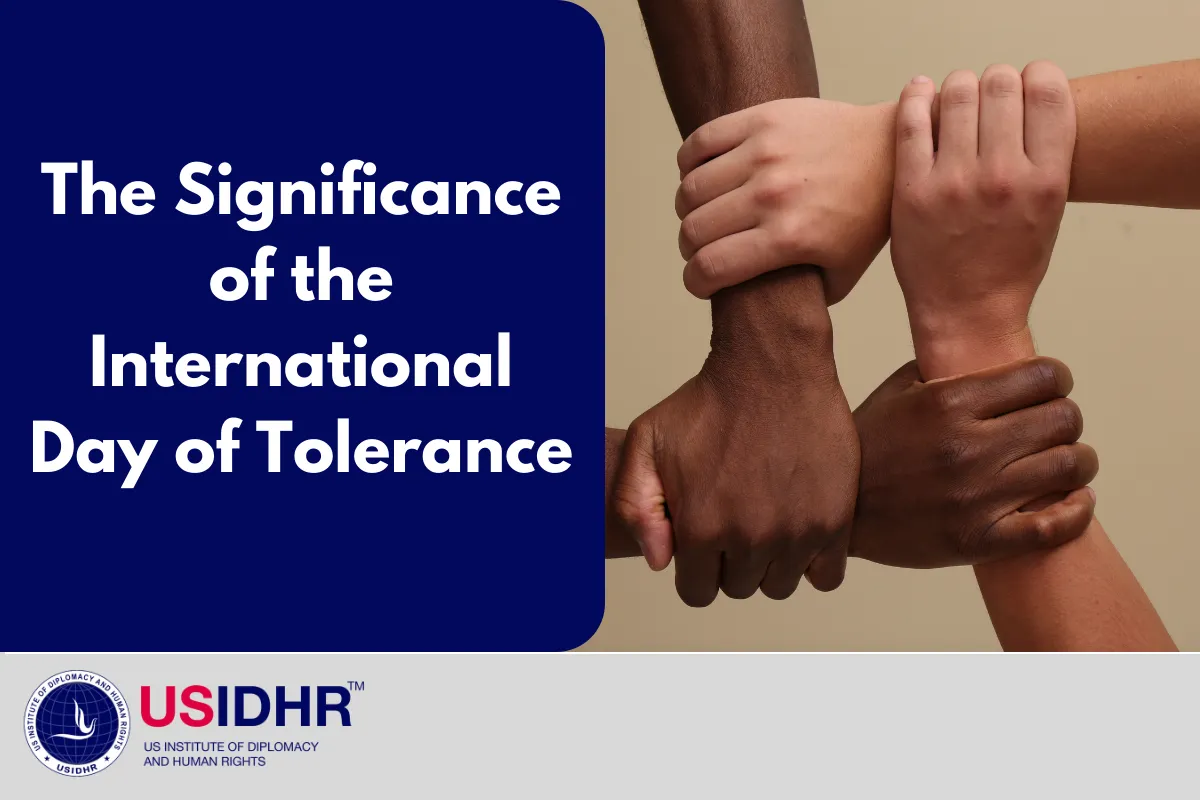
The Significance of the International Day of Tolerance
The word “tolerance” may seem like it became cliché or overused. What is somewhat unbeknownst of tolerance is the power it truly holds and the reason it has been, is being and will keep being stressed upon.
Perhaps the words of Audrey Azoulay, Director-General of UNESCO reflect best, what tolerance represents: “At a time when extremism and fanaticism are unleashed too often, at a time when the venom of hatred continues to poison a part of humanity, tolerance has never been more vital a virtue.” Her words precisely depict the problem surrounding religion and the tendency of overly religious individuals that do not perceive tolerance but hatred for the difference. As Rabbi Jonathan Sacks once said, we need to learn how to coexist in a world of a god-given ability to have different faiths.
The United Nations has long been known for its advocacy and fight for world peace. As we are approaching the International Day of Tolerance,
a day dedicated to honoring the fundamental stage the UN holds tolerance and freedom onto, it is our duty to observe this day and take it as an opportunity to understand why this subject matter is being stressed upon. As a way to take a step back and honor diversity, inclusivity and really reflect on our individual behaviors, the United Nations encouraged the UN Member States to commemorate tolerance and its significance to society every year on November, 16. This was an initiative taken after drafting the Resolution 51/95
– A follow-up to the United Nations Year of Tolerance in 1995.
By making room for communication, we soon come to the realization that in one way or another, through one religion or another, we are all humans, we are all entitled to the right to live, find happiness, grow, and find the truth that religion holds. The problem with intolerance is not the lack of belief in the other’s religion, rituals, or lifestyle, but rather, the hatred, biases and mainly misunderstanding. How can one judge a different religion or culture when one seldom educates oneself about spiritual meaning?
Tolerating that intolerance means repeating history. Simply take a look at the Crusades, the Holocaust, the Thirty Years Wars, and now in 2020, we are witnessing major human rights violations such as the suppression of Uyghurs in Xinjiang re-education camps, the raise of anti-Semitism in Europe, the discrimination of Rohingya population in Myanmar and others alike. As the late Voltaire discussed several times, tolerance is the key to a more accepting world. A world that privileges some groups while discriminating against other groups based on biased views, racism, stereotypes, and lack of education is a world that keeps its individuals unsafe and unprotected while simultaneously giving them the leeway of threatening others’ beliefs, and religion. “Defending freedom of conscience guarantees religious pluralism, and the latter necessarily entails the promise of tolerance.”
Tolerance is not simply acknowledging that there are different groups and communities than ours. It is a deeper issue that entails creating a balanced world that rightly and consciously includes everyone while making sure no one is carrying a lifestyle to the detriment of others. Not only is it our responsibility to educate others but to also educate ourselves. It is very easy to call out someone on their mistakes but it takes a certain level of keenness of observation to realize what we are doing wrong. At the US Institute of Diplomacy and Human Rights, we are dedicated to raise awareness on religious discrimination and promote religious freedom practices for all. We developed an entire program called Teaching Tolerance offering workshops, seminars, and conferences to organizations across the world, consulting them on improving their internal policies to be more religious inclusive. By educating others about tolerance we are providing a path towards breaking stereotypes, clarifying myths about groups, talk about the struggles of others and create an environment of inclusivity and diversity.
Today, more than ever, intolerance has aggravated the global political clashes, the pandemic, the raise in unemployment, immigration, and statelessness. Per a Geneva International Center for Justice’s article, “there is a simultaneous growth in intolerance that can easily be perceived in the rise of xenophobic and discriminatory discourse that has intensified among different host countries and communities.”
The United Nations has been a long advocate towards tolerance for a reason – it is the key to a better, peaceful, inclusive future. Not everyone can do great things but everyone can do small things for the greater good. It only takes some compassion, wisdom, and a will-to-learn attitude.
Finally, one step towards tolerance is becoming more aware of what is happening around us, expanding our knowledge and raise our voices for injustices, religious intolerance, discrimination, and violence. As we slowly transition to a new year in the coming months, we should care more about each other. This November 16, in honor of International Day of Tolerance, the US Institute of Diplomacy and Human Rights will be hosting a 3-day virtual Summit with an amazing kick-off session on religious freedom starting at 10 AM EST. Join us LIVE on USIDHR’s official Facebook Page and let’s learn together how to become more tolerant and honor this International Day of Tolerance.
Reference list:
Lacorne, Denis, et al.
The Limits of Tolerance: Enlightenment Values and Religious Fanaticism. Columbia University Press, 2019. JSTOR, www.jstor.org/stable/10.7312/laco18714. Accessed 13 Nov. 2020.)
